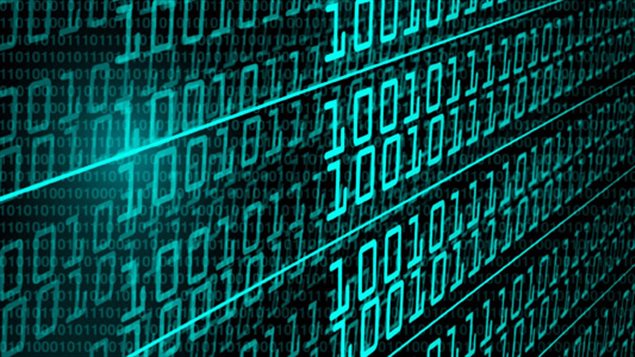A whole new world is coming, and it’s based on quantum theory.
Somewhat difficult to grasp for laymen, one thing that is known is that computers based on quantum theory will be easily able to crack current computer cryptography that we depend on, and so gain access to the secret or private information. It would also enable in certain hands, to impersonate Microsoft, Norton, etc, and take over control of computers
Michele Mosca is co-organizer of the second international workshop on quantum-safe cryptography security. It’s being held this week in Ottawa, the Canadian capital.
He is the co-founder and Deputy Director of the Institute for Quantum Computing (IQC) at the University of Waterloo, in Ontario
ListenQuantum physics, or being two (or more) places at the same time.
It has been known for a century or so that when we enter the world of atomic level activity, classical physics no longer works, ie, it fails to explain correctly what is happening. At this quantum level, things operate on an entirely different theory, such that particles can be two places at once.

Current computing consists of on/off situations, ones and zeros, but quantum computing doesn’t have that limitation.
Although complex, the understanding is that quantum computing would easily crack most current cryptography that we depend upon thereby making a wide range of sensitive information available, whether it be state secrets, or your personal information.
There is as yet, no such thing as a full-fledged quantum computer.
Although large-scale quantum computers don’t yet exist, Professor Mosca says that after about fifteen years of development, science is about half way there, with no guarantees of how long it may take to get a fully realized quantum computer.
However, he says it is important to develop cybersecurity protocols and systems now before the advent of the technology rather than after.
With such measures in place, information can be secure during the phase when currently encrypted information is transferred over to an eventual quantum technology, a process that could take quite some time.







For reasons beyond our control, and for an undetermined period of time, our comment section is now closed. However, our social networks remain open to your contributions.